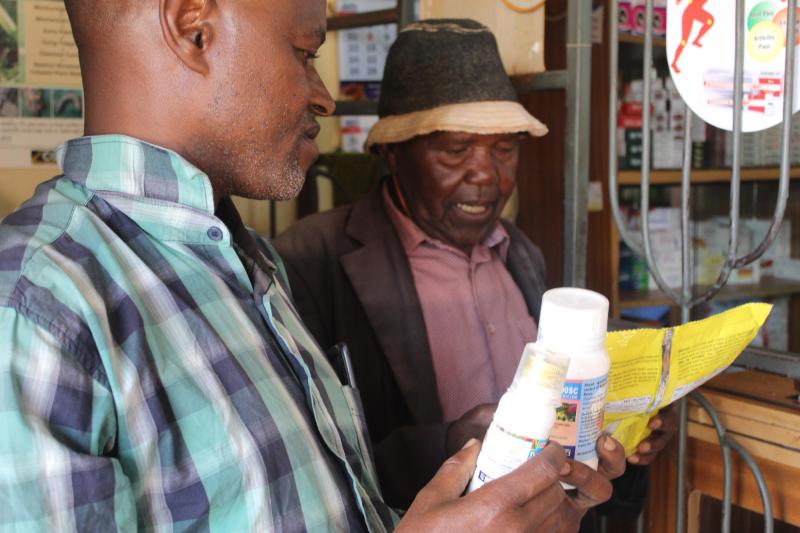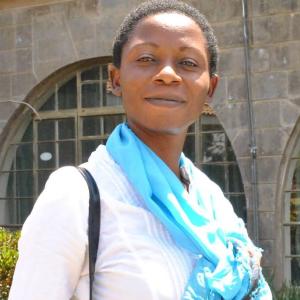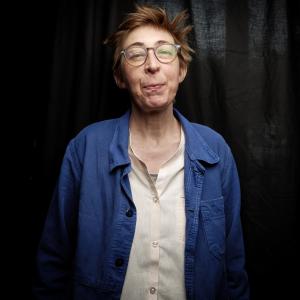These pesticides containing hazardous molecules have been flagged as dangerous to human health and the environment. Scientific studies have also proved that the said molecules are responsible for certain diseases including some types of cancers.
Harmful pesticides that have been banned in EU markets are being sold in Kenya and Cameroon. These pesticides are manufactured by giant chemical companies in Germany, the USA, China, and India and have raised concerns among experts who link them to health and environmental hazards.
This investigation which took several months in Kenya and Cameroon has established that several dangerous molecules of concern are highly sold and used by farmers without knowledge of how toxic they are.
Some of the molecules, termed as ‘extremely dangerous widely used in Kenya are Acephate, chlorpyrifos, imidacloprid, carbendazim, and mancozeb, while Captafol, Dinosebe Acetate, Dinosebe, Binapacryl, Cyhexatin, Dieldrin, Aldrin, Heptachlor or Carta are used in Cameroon.
Small-scale farmers who have no options but to make a living through farming easily access pesticides from their local agro-dealers.
Rising Cancer incidences in many African Nations and a reduction in pollinator population have been linked to pesticide residues.
While these pesticides continue to be used, gaps in research remain a big threat to determining the levels of concentration of the pesticides on crops to help develop informed legislation.
© Mary Mwendwa



